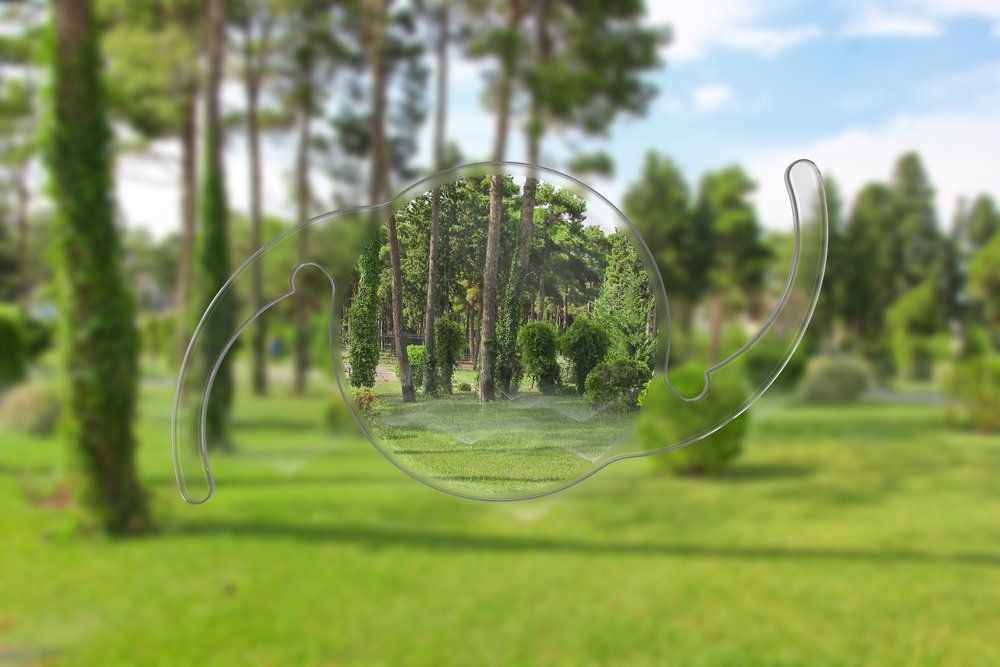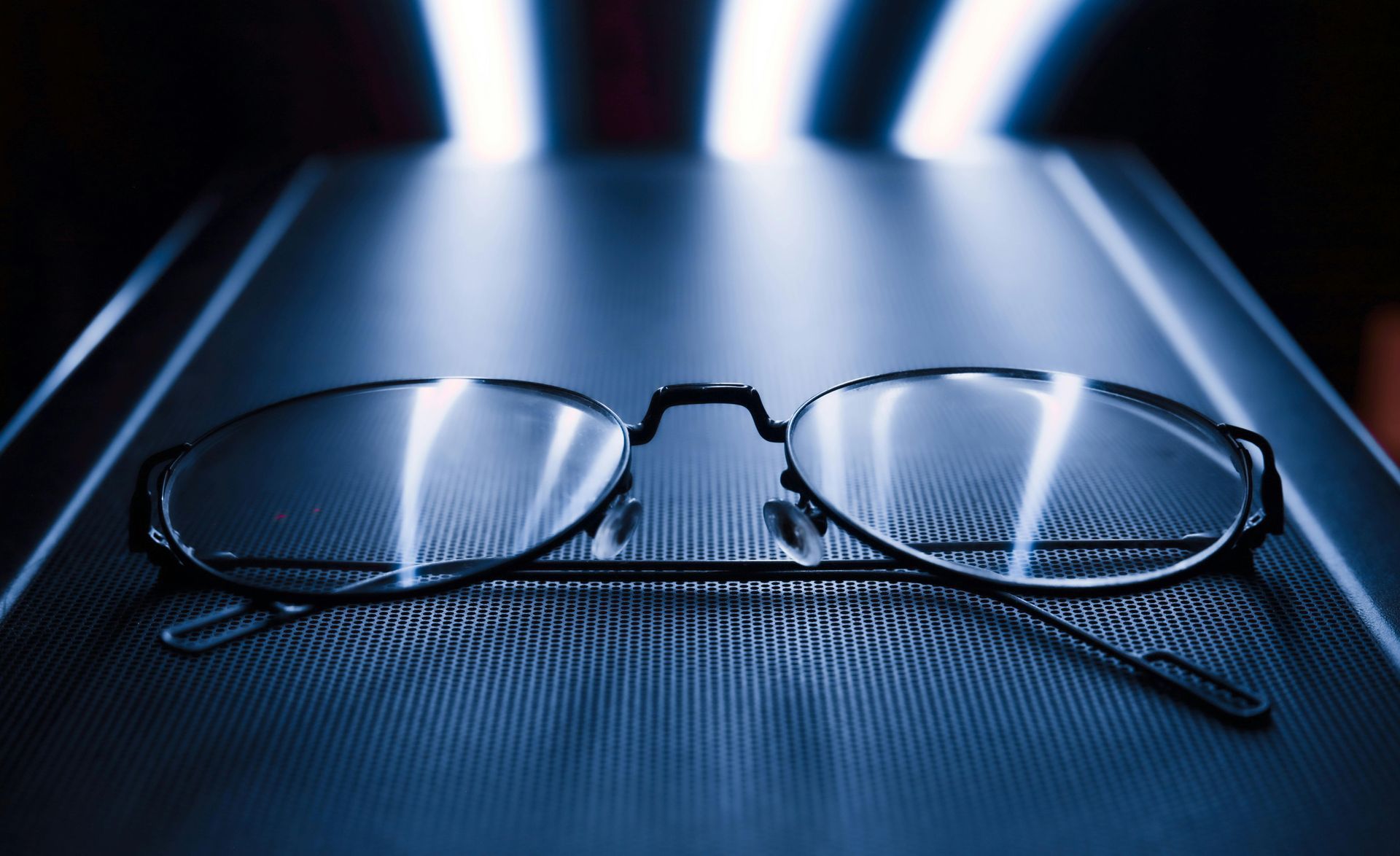Cataracts, Post-surgery.

Blog vol 2. 40. Cataracts, Post-surgery.
Your surgeon has done a wonderful job, and you are getting back to living, with clear vision. There is much to do and consider. First, drops, and lots of them for up to a month post-surgery: usually steroids for getting inflammation down, antibiotics to reduce risk of infection, and lots of lubricants to keep the eye from drying. Second, problems to watch out for are an increase in floaters or flashing lights, or any sustained reduction of vision. See your surgeon as soon as possible.
All those drops.
There has been much research on ways to reduce the number of eye drops necessary. The drops can be hard to get in, take up a lot of time, can get costly, and their preservatives can irritate the eye. Some surgeons have been injecting a diluted antibiotic into the eye before finishing up. This eliminates the need for an antibiotic after the surgery. In places where insurance covers it, some surgeons insert a steroid plug into the canaliculus which releases a mild steroid over a month period: no drops, no preservatives. It is worth asking your surgeon about.
Post-surgery problems
There is an increased risk of retinal detachment after cataract surgery, about 5.5 X higher than untreated people. If you have high myopia (nearsightedness), your risk is also higher. These changes usually occur within the first year after the operation, so watch for any new floaters or flashes or changes in vision and be seen as soon as possible. Your optometrist will be watching for these changes at your next visit.
The cells that make up the cataract can sometimes grow back and make a “film” of tissue that covers the line of sight and results in sustained blur. This capsular cataract can be easily removed with a YAG laser, a procedure that takes about a minute to perform and is only done once. The key for you, is that if you notice blur, and this time it can take up to 5 years or more to develop, then report it to your eye doctor. Your optometrist will be checking for this at every visit.
Glasses?
Lastly, remember that you can wear glasses, again, after surgery. Too often, the patient feels like the surgery has healed them and glasses, especially for distance, should not be needed. I have this conversation with most of my patients and gently suggest that a pair of progressive glasses is a really nice and convenient way to see really well for all situations. As we all know, we have many and varied interests that require all sorts of viewing distances and head positions, which a well-fitted pair of glasses can make easier and clearer.
Next week the blog will have different focus, I promise, (and the pun was totally intended).
the good doctor, Dr. Mark Germain, Burlington optometrist






